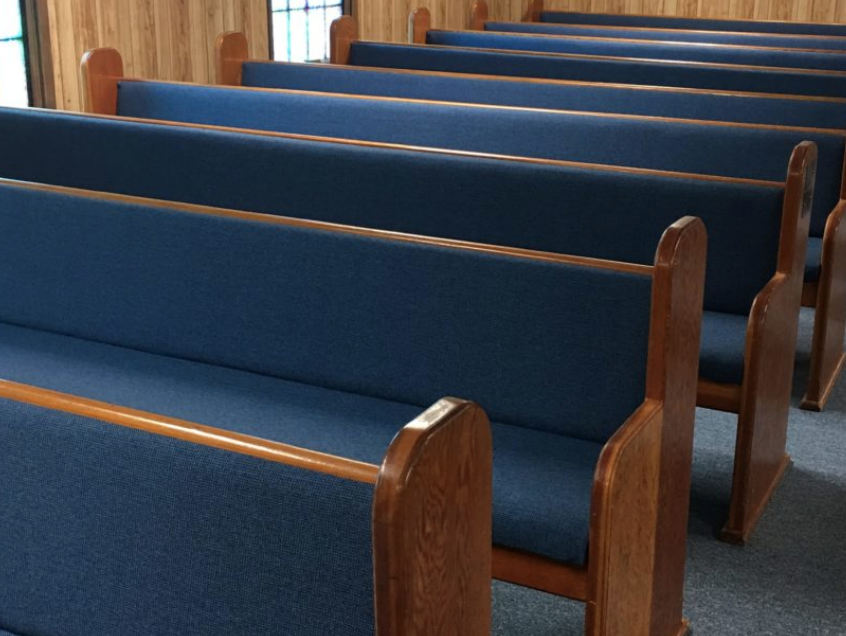The young Jimmy Carter was a political nobody the first time he ran for governor of Georgia.
That long-shot 1966 effort failed, leaving him wrestling with doubts about his future and his faith. But Carter rallied, including years of work with Billy Graham's 1973 Atlanta Crusade. He also joined a small circle of Southern Baptists who travelled to the central Pennsylvania hills to witness to the unchurched.
"We had a wonderful religious experience," Carter told the Historical Commission of the Southern Baptist Convention. "We had 18 people who accepted Christ that week, and we organized a church … before we left." The experience, he said, left him "the closest to Christ" that he had ever felt in his life.
That turning point, featured in the Baptist Press report marking the death of the 100-year-old former president, was a perfect example of the "born-again" faith that made Carter so mysterious to America's political establishment when he reached the White House in 1976. Carter's blend of Southern piety and stubborn political convictions would end up changing the role of American evangelicals in public life.
Truth is, Carter was part of two endangered groups – populist Southern Democrats and progressive Southern Baptists. In 1976, he fared well with evangelical voters, for a Democrat, but exit polls basically showed a toss-up. In 1980, many evangelicals rejected him and helped create Ronald Reagan's landslide win.
Carter's attempts to state his personal convictions against abortion, while backing legalized abortion, confused and then angered many evangelicals. Meanwhile, Carter's opposition to public funding for abortion helped create a revolt among Democrats, with Sen. Ted Kennedy of Massachusetts attempting to unseat him as the nominee.
Over time, Christian progressives would stress that Carter, as a Baptist, consistently stressed that he would clearly state his own beliefs, while rejecting political actions that he thought would use government power to promote specific religious doctrines.
"The United States' most religious president in recent memory was also the most committed to the separation of church and state," noted Amanda Tyler, leader of the progressive Baptist Joint Committee for Religious Liberty.










